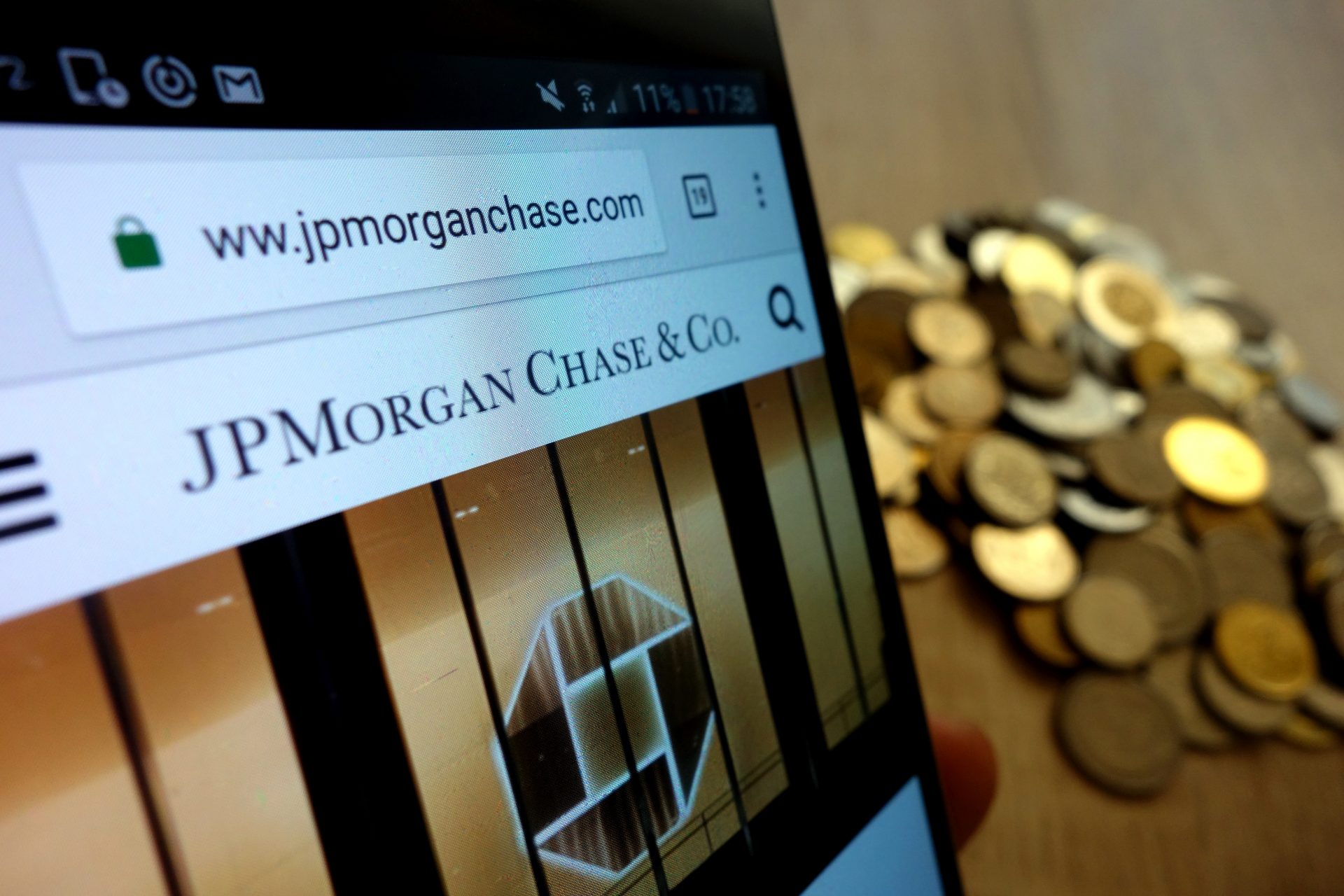Following receiving the largest spoofing fine in the Commodity Futures Trading Commission’s history, JPMorgan Chase & Co. is now facing a class action lawsuit on behalf of the bank’s securities purchasers. The suit’s class period spans from February 23, 2016 and September 20, 2020.
 Photo Credit: Shutterstock
Photo Credit: Shutterstock
Spoofing is a form of market manipulation in which large orders are placed to buy or sell a financial asset followed by the cancellation of the order just before the trade is executed. The manipulation’s intention is to create the belief there is a large demand to buy or sell a certain asset. It was found that JPMorgan had done this hundreds of thousands of times.
By agreeing to pay the $920 million fine to the CFTC and an additional $35 million to the SEC, the bank avoided criminal wire fraud charges. However, by settling the charges, it opened the door for the newly filed investor suit.
Investors in the class suit claim the bank failed in its obligation to disclose the lack of sufficient “controls and compliance protocols to enable it to identify and stop the misconduct”. That failure resulted in investors being impervious to the fact JPMorgan’s “earnings in the physical commodity market were, at least in part, ill-gotten,” The failure to inform shareholders they provided misleading information to the CFTC upon investigation is a second failure noted in the suit.
With the knowledge of other traders engaging in illegal market manipulation, it is claimed investors would have behaved differently. As a direct result of the spoofing fine handed down, they are claiming they suffered damages.
The deadline to move the court and serve as the lead plaintiff in the suit is December 23, 2020. JPMorgan is also currently facing ongoing litigation from Treasury futures traders related to market manipulation practices.
For more articles from Haute Lawyer, visit https://hauteliving.com/hautelawyer/


















